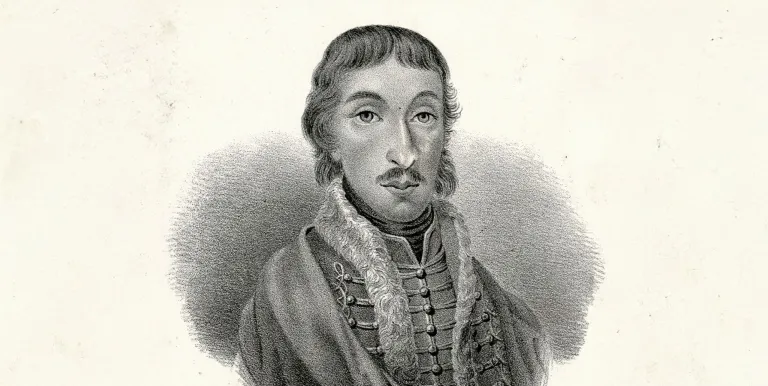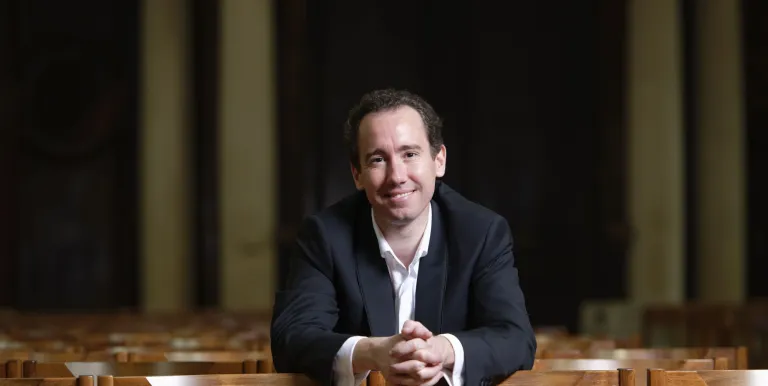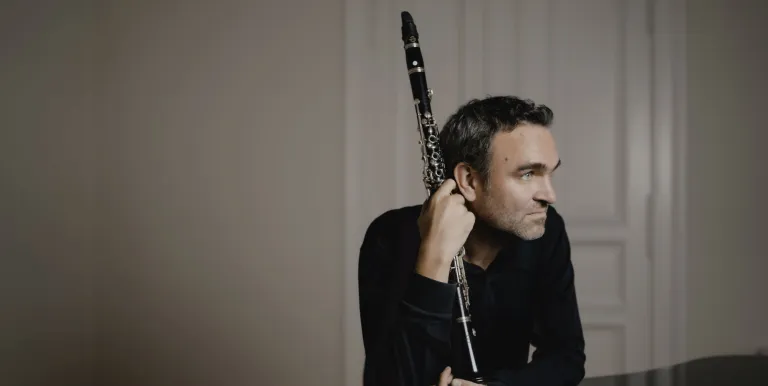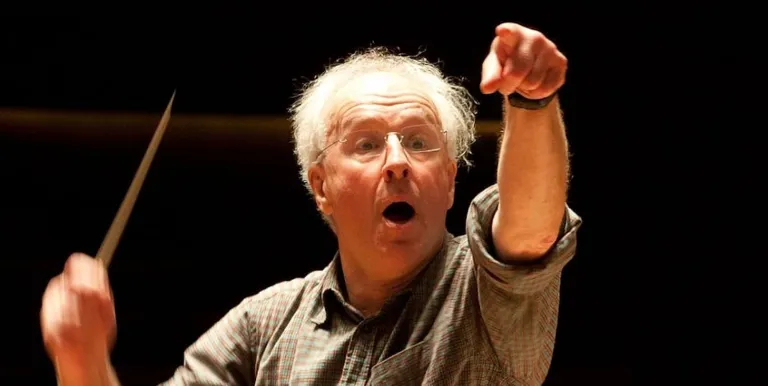one interval
Conductor:
Featuring:
Beethoven
Symphony No. 1 in C major, Op. 21
Beethoven
Symphony No. 9 in D minor, Op. 125
Although many composers have written symphonies over the centuries, there is perhaps only one whose nine works in the genre – every one of them, but especially the ninth – have had such an impact on the music history that, for the next hundred years or so, no subsequent writer of symphonies could separate himself from them. This composer was Beethoven, who himself was nearly thirty years old when he set about crafting his first symphony and had already lost his hearing by the time he wrote his ninth, which went on to define the course of music history. This concert is an opportunity to hear both the beginning and the end of Beethoven’s symphonic journey.
Haydn wrote 104 symphonies. For Mozart, this number was 41. What Beethoven found himself faced with was a mature genre that these two great masters of his era had nearly exhausted of its possibilities. Ever serious and always utterly resolved to make an impression, Beethoven therefore knew perfectly well what a formidable task he would be taking on in presenting the audience with a symphony. His first such effort, although displaying many similarities to Haydn’s output in the genre, enraged critics even from its opening chord. If only they knew what Beethoven still had in store for them! The Italian composer and pianist Ferruccio Busoni said that Bach is the god, Mozart the angel and Beethoven the man – who must each fight their own way to heaven. Beethoven’s oeuvre depicts this struggle, which accomplishes its objective in the Ninth Symphony, when he reaches heaven. This challenging path, this sound, this symphonic ideal, and this approach to art together became the alpha and omega for later composers. Though Beethoven wrote only nine symphonies, these were to become the culmination of a genre made great by Haydn and Mozart.
Presented by: Pannon Philharmonic
-
We wish to inform you that in the event that Müpa Budapest's underground garage and outdoor car park are operating at full capacity, it is advisable to plan for increased waiting times when you arrive. In order to avoid this, we recommend that you depart for our events in time, so that you you can find the ideal parking spot quickly and smoothly and arrive for our performance in comfort. The Müpa Budapest underground garage gates will be operated by an automatic number plate recognition system. Parking is free of charge for visitors with tickets to any of our paid performances on that given day. The detailed parking policy of Müpa Budapest is available here.








